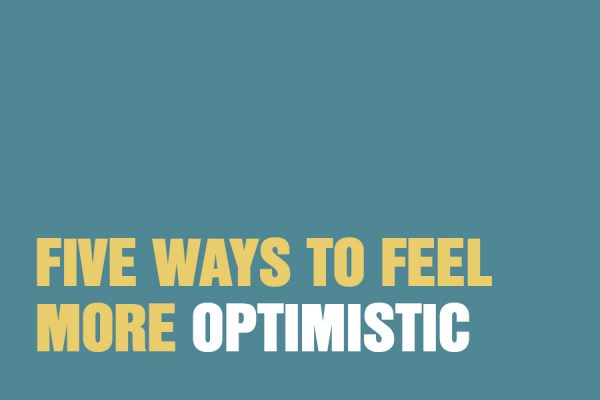How is your relationship to food? Are you always in control of what you eat and when you eat it or do you sometimes find yourself denying yourself or bingeing on certain things? Every single one of us will at some time in our lives eat something when we are not hungry, use food as comfort, deny ourselves something we want, or exert control over our diets in some way as a response to an unconscious feeling that we have no control over other areas of our lives.
Here are ten ways to improve your current relationship to food
1. Stop punishing yourself
Self-blame adds to the stress you feel around food and nutrition. Try to adopt the attitude of what’s done is done and instead tune in to why you wanted that bar of chocolate, bag of crisps, extra slice of toast, or whatever it is you feel unhappy about having eaten. Stop and think — what is going on with you right now? What was your body responding to when it craved that chocolate, etc?
2. Find the feeling
If you’re reaching for food when you’re not hungry then something emotional is going on underneath. Try to tune in to this. Why are you reaching for that comfort? Can you identify that emotion? What do you feel in your body? Would something else — a bath, a walk, some yoga, contact with a friend or partner or pet, a quiet moment of reflection — provide you with that comfort?
3. Eat mindfully
Try not to eat on the run, make time to sit down in a quiet place to eat, chew slowly and breathe deeply while you are eating. Pay attention to the way your food looks, then touch it, taste it, smell it, use all your senses. Learn to take in and appreciate everything about what you are eating.
4. Be grateful
You don’t have to say grace or think about starving children or those unlucky enough to have nothing to eat as adults often chide children when they don’t finish their plates. But do be thankful for the food you have. Actually take a pause for thought about how this food got into your cupboards or on your plate and how lucky you are to have it. It has nutrients your body needs to help it function and so is something to cherish and be grateful for.
5. Relish your relish
Give yourself permission to enjoy your grub. Try to banish those negative thoughts that sometimes attach themselves or intrude when you think about food (see point one above). This will take some self-training but try not to spoil your meal or snack with thoughts such as “I should not be eating this” or “I am rubbish because I have no control over what I eat”. Enjoy what you are eating and repeat points 3 and 4.
6. Try to undo all-or-nothing thinking
Be a bit kind to yourself, and if you do make a not-so-good choice, try to let it go. Stuff happens. That was a nice doughnut, but there is nothing else to see here! If you can forgive yourself for the one thing you ate and think you shouldn’t have, and move on you have a chance of breaking the negative cycle of thoughts in which if you have one biscuit you might as well admit defeat and have the whole packet.
7. Forget perfect
There is no such thing as authentic, correct or perfect when it comes to diet, there is just what you need to eat to be healthy and a good-enough diet.
8. Do not go compare!
Every single person has different nutritional needs. So stop comparing what you eat to your friends, colleagues, or siblings. Your relationship to food is unique but you will never be happy with it if you are constantly comparing, judging or measuring yourself against others.
9. Don’t be difficult
You do need to tune in to your unique needs from food and maintain a healthy lifestyle, but it is also important to try not to let this interfere with your social life. So if you are having dinner with friends try not to stress out about what there is and just pick the best option for you.
10. Look after yourself
Whatever shape it is, and whatever shape you want it to be, your body is a thing of loveliness. It is strong, hardworking and efficient, it needs to be nourished and deserves your love and respect.
If you would like to improve your relationship to food, it could help to discuss this with an eating disorders counsellor or psychotherapist who will be give you a safe and non-judgmental space in which to do that. Call 020 8673 4545 or email [email protected] and they will be able to help you find you the right therapist for you.







